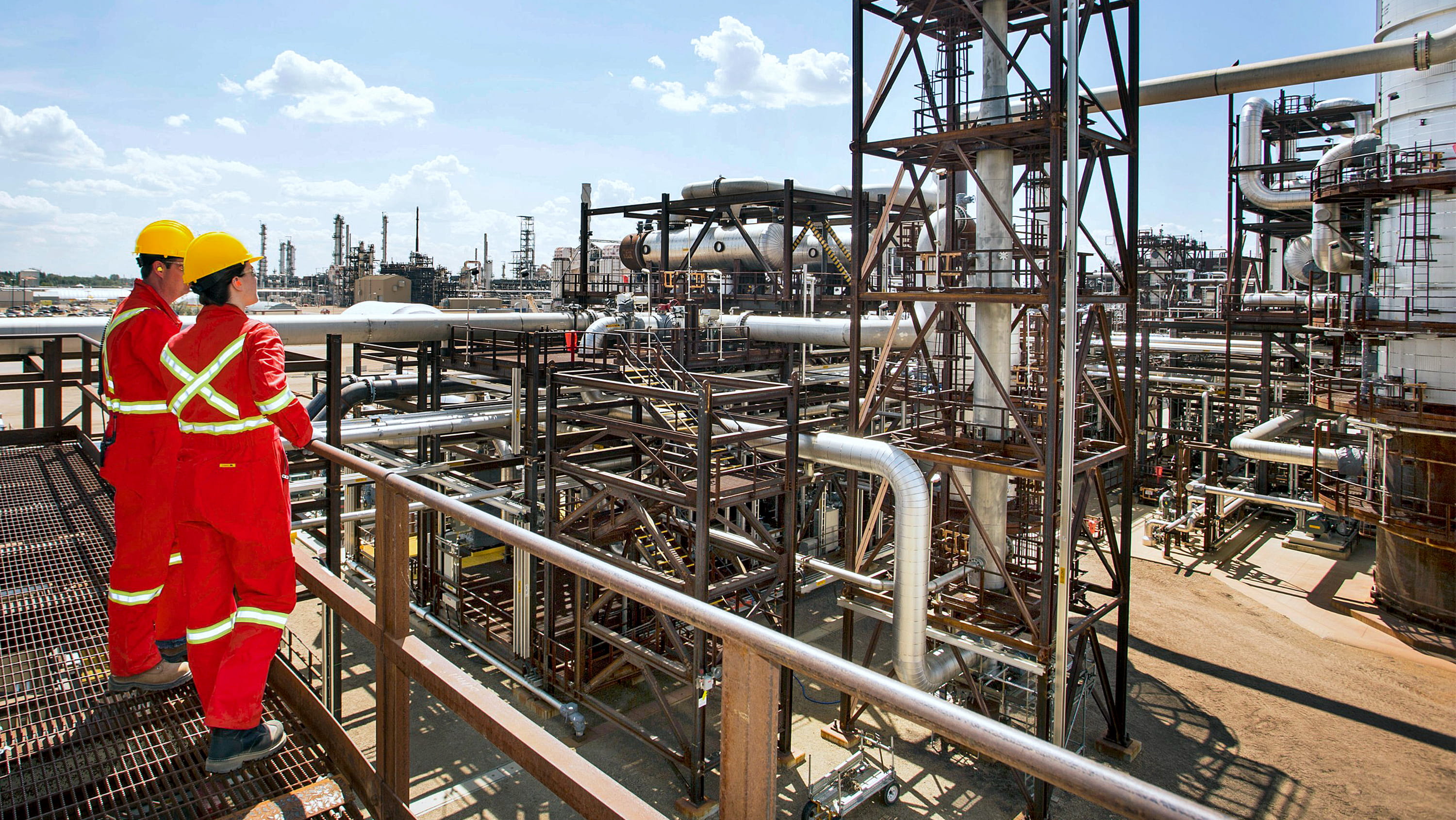Canadians and Europeans are opposed to accepting carbon dioxide for underground storage if it originates outside their own country, according to a new study co-conducted by the University of Alberta.
Their opinions do not change if financial compensation is offered, says Sven Anders, a resource economist in the Faculty of Agricultural, Life & Environmental Sciences who collaborated with researchers from the U.K. and Germany.
“People don’t like to clean up the dirt of others,” Anders says. “It’s easy to understand.”
The researchers surveyed 1,000 people in each of Canada, Germany, the Netherlands, Norway and the U.K. The participants were asked how acceptable they found different scenarios that described the possible deployment of carbon capture and storage (CCS) in their country.
Each scenario contained a different variation of the following: who is implementing CCS (government, industry or a combination); the proximity of the storage to the participant’s residence; how much mitigation the CCS provides; whether the CO2 emissions are domestic only or also from imported sources; the level of public consultation offered; the level of information provided on the earthquake risks of CCS; and different forms of compensating affected communities and individuals.
The results show that the public in each of the countries expressed a slightly higher level of acceptance for a national implementation of CCS if the carbon emissions were only coming from the respondents’ own country.
In contrast, CCS scenarios that included CO2 imported across borders were mainly rated unacceptable. There was a noteworthy rise in “completely unacceptable” responses when participants considered cross-border imports.
Mandating public consultation before the approval of CO2 storage, strict risk-monitoring regimes and compensation for individuals in affected communities raises public acceptance of carbon storage. However, that is unlikely to overcome the opposition to CO2 imports for CCS, Anders says.
These findings present immediate challenges for policy-makers in North America and Europe, says Anders, because moving carbon dioxide across borders for storage may become essential, especially across Europe, if we are to meet targets for net-zero carbon emissions by 2050.
Cross-border transportation is necessary, he says, because many of the heaviest polluting industries (including coal, chemicals and cement-making) are not always located close to the potential storage sites proposed for the depleted reservoirs of the oil and gas industry. That’s especially true in Europe. Alberta is in a fortunate position in this regard, Anders notes.
Yet, “the policy process is far ahead of where the Canadian and European public is,” says Anders, noting that the European Union is currently planning CO2 transportation infrastructure that does not reflect the state of public perception.
The new study, published in Nature Climate Change, is the first time the question of cross-border transportation has been addressed in a research-supported way, Anders says.
“This is a complex technology that is controversial. It’s closely tied to the energy industry, to oil and gas, because they have the (empty) reservoirs for storage. A good fraction of society thinks that by allowing them to use CCS, we are basically throwing these polluting industries a lifeline.
“If public consultations on CCS are coming back negative, that could prolong the implementation of this essential technology we have to use to deal with climate change,” he adds.
Additionally, opposition to importing CO2 could complicate the economics of CCS, he says.
The onus to take note of the study is not on regular citizens, says Anders. “The message is more to decision-makers in these industries and to policy-makers.
“Ignoring these tough topics, and not hearing people and including them in the decision-making process, may have unanticipated effects.”
Funding for the study was provided by a grant from the ACT3 (Accelerating CCS Tech) initiative ENSURE project, which is a co-operation of NORSAR, the University of Alberta, Total Energies One Tech, Shell Global Solutions International and the Quest venture, operated by Shell Canada Ltd., and owned by Canadian Natural Resources Ltd, Chevron Canada Oil Sands Partnership and Shell Canada Ltd., Alcatel Submarine Networks, Midwest Regional Carbon Initiative, INGV and BP. It is funded by Emissions Reduction Alberta, the French Environment and Energy Management Agency, and the Research Council of Norway. The authors thank Mirko van der Baan for assistance in the attribute design of the vignette experiment.

